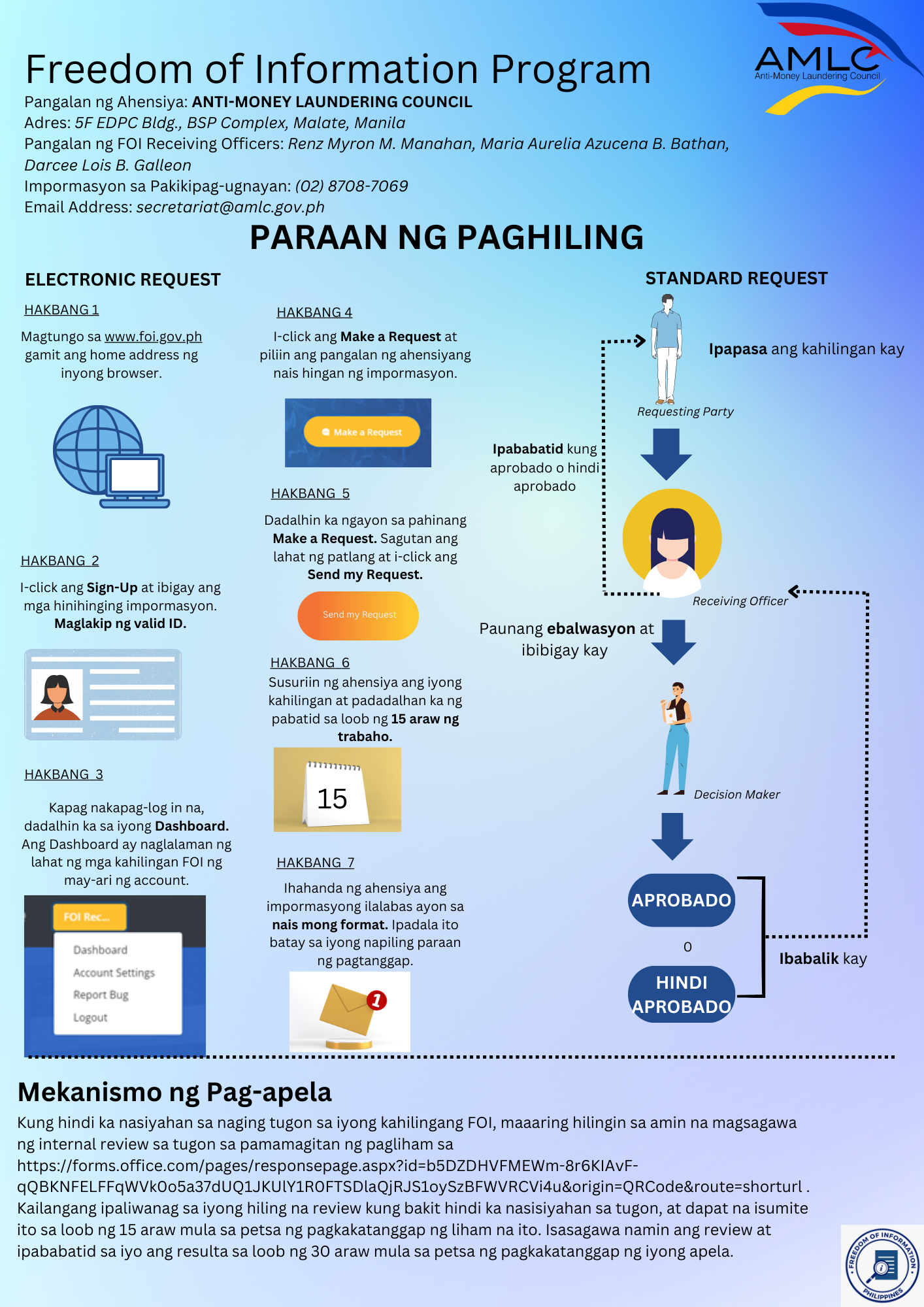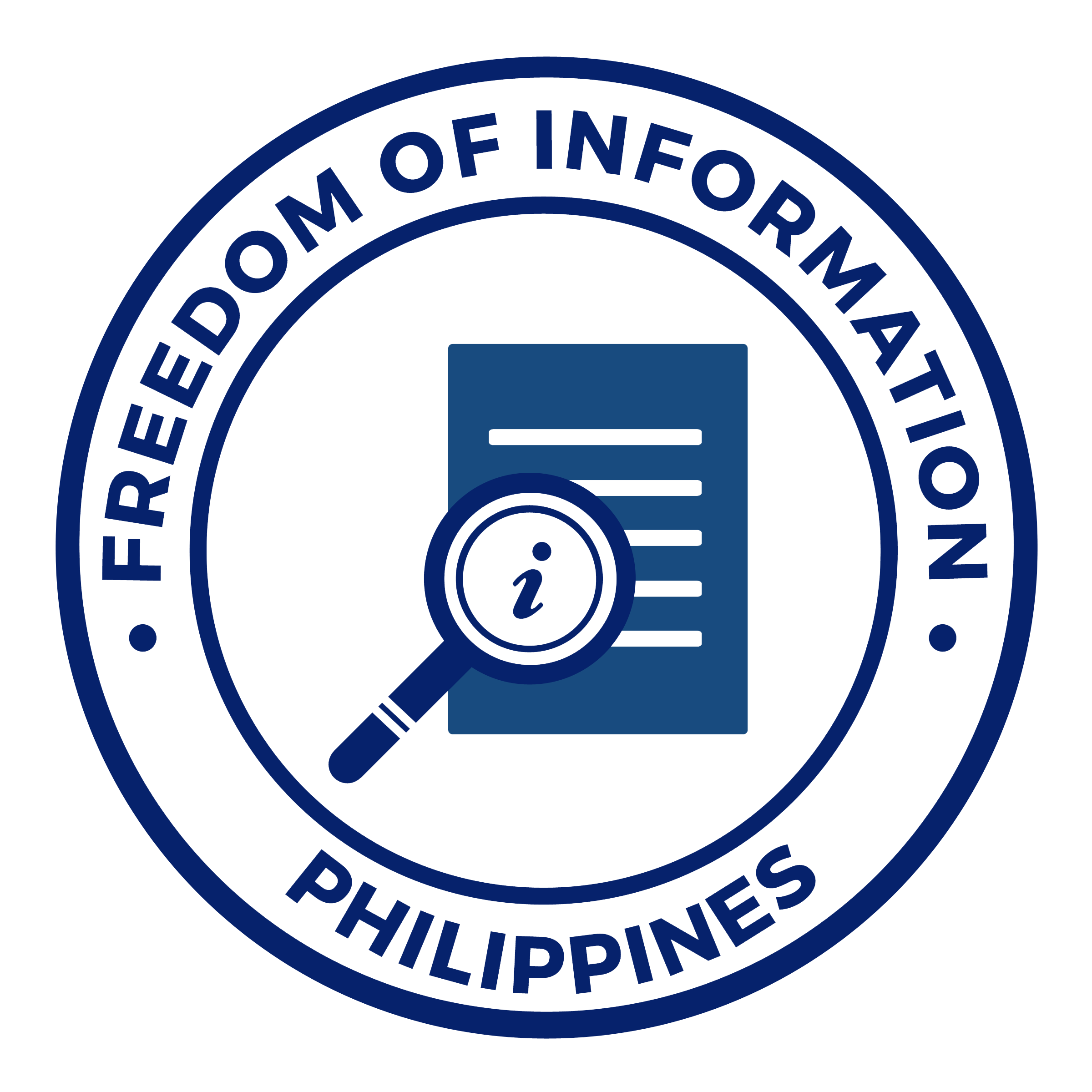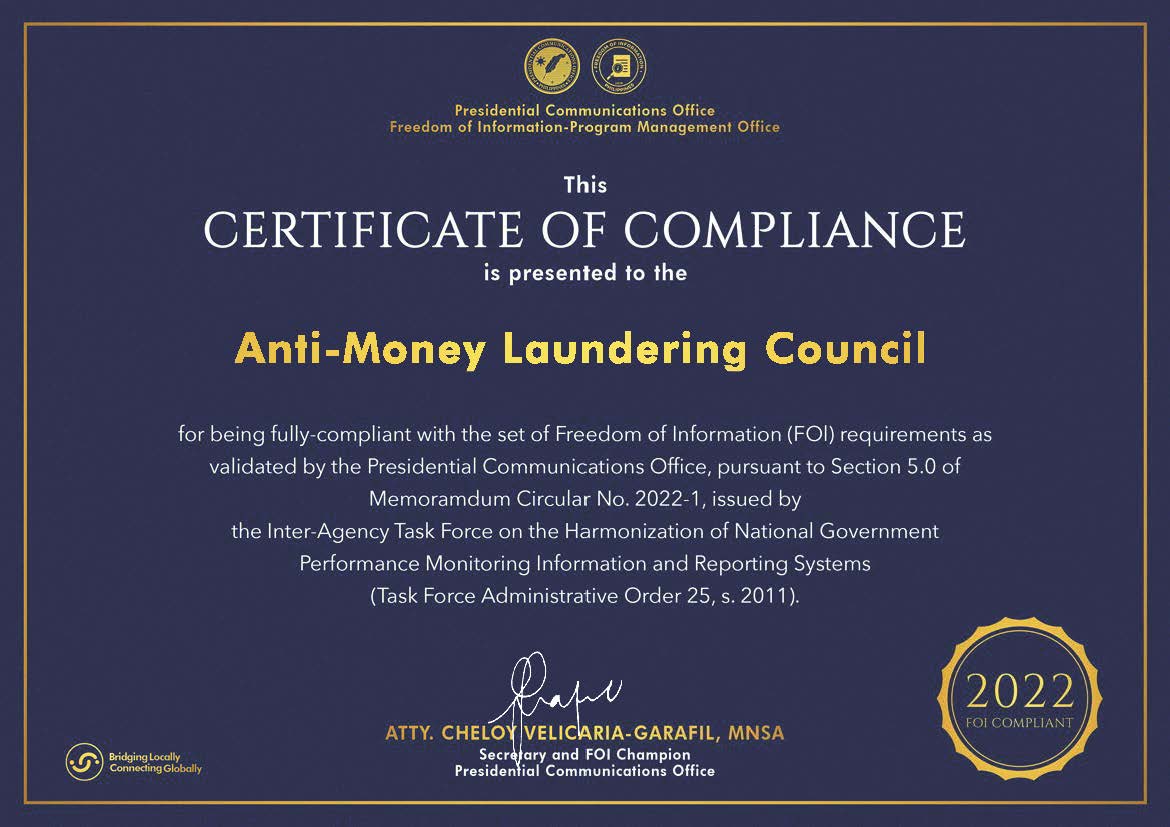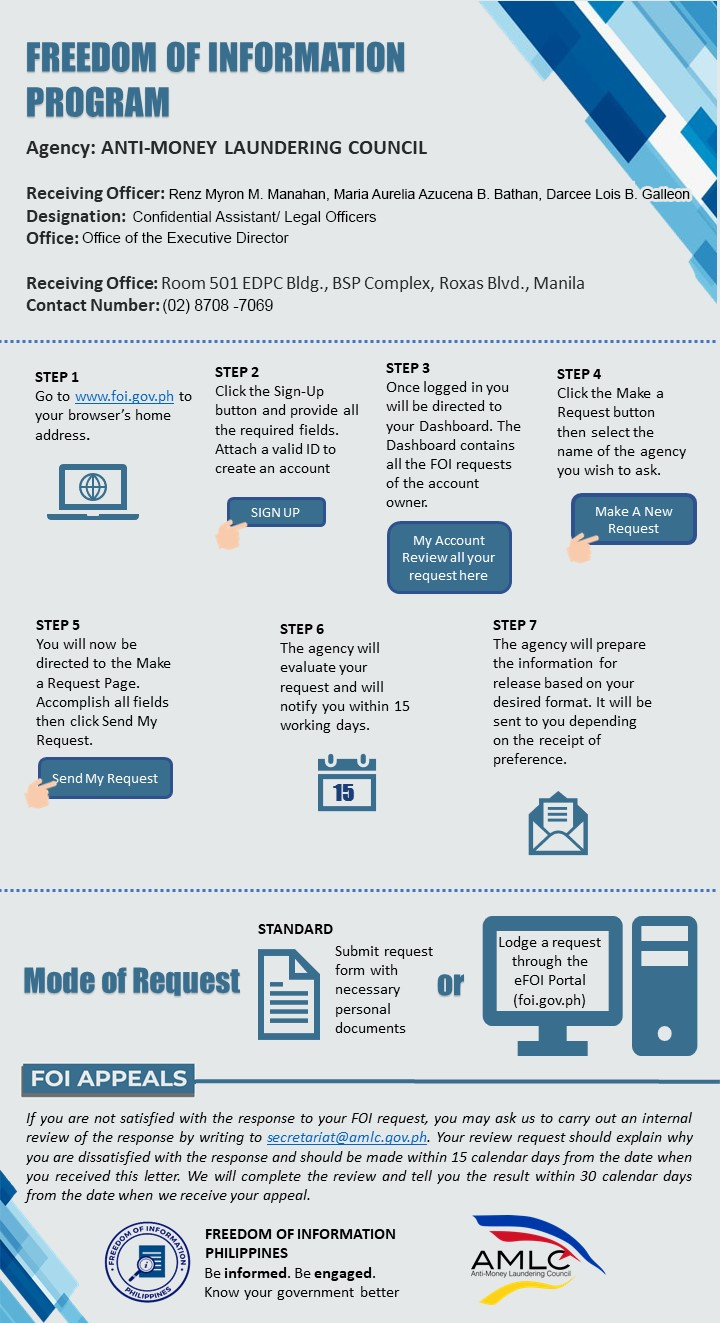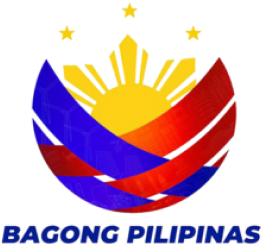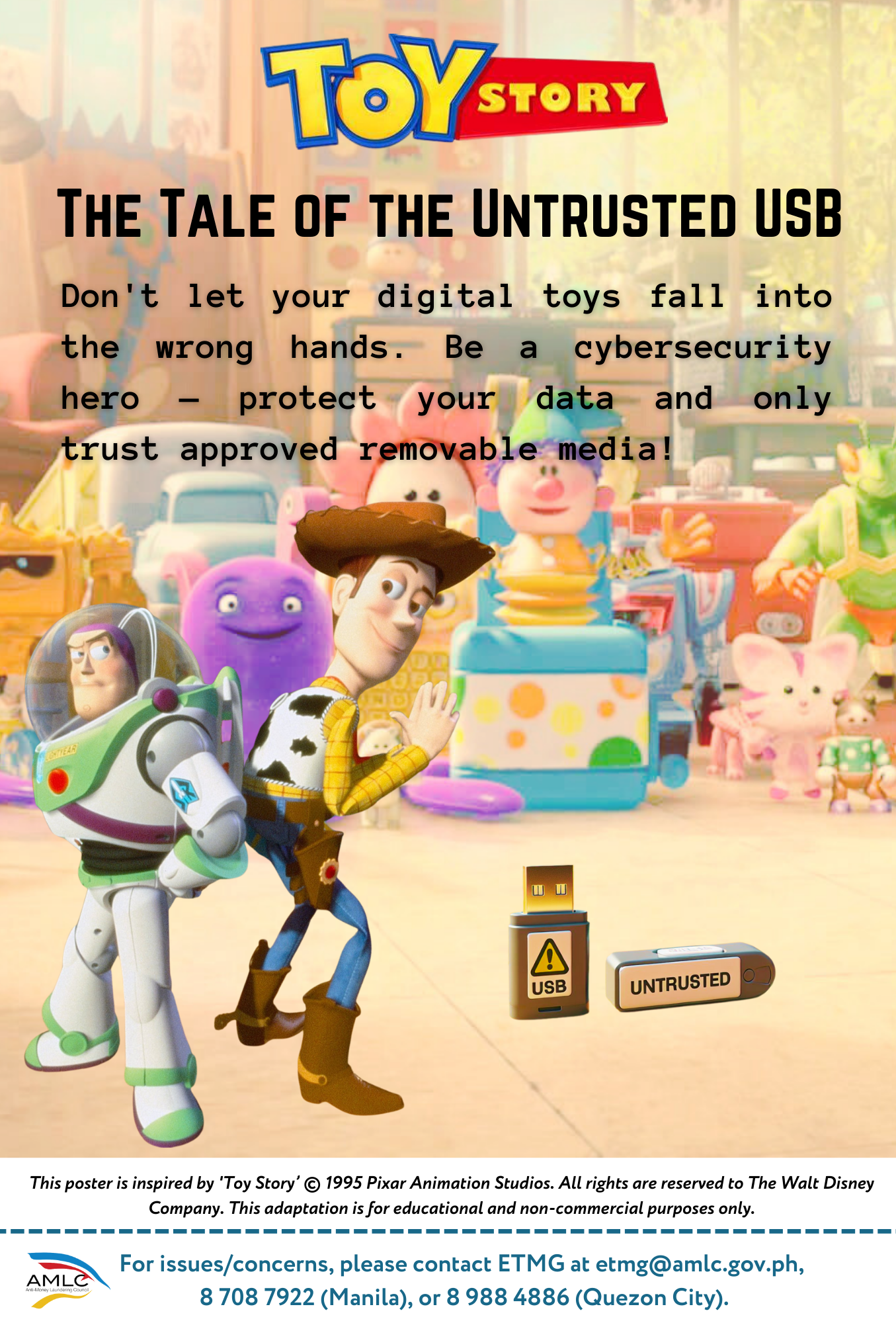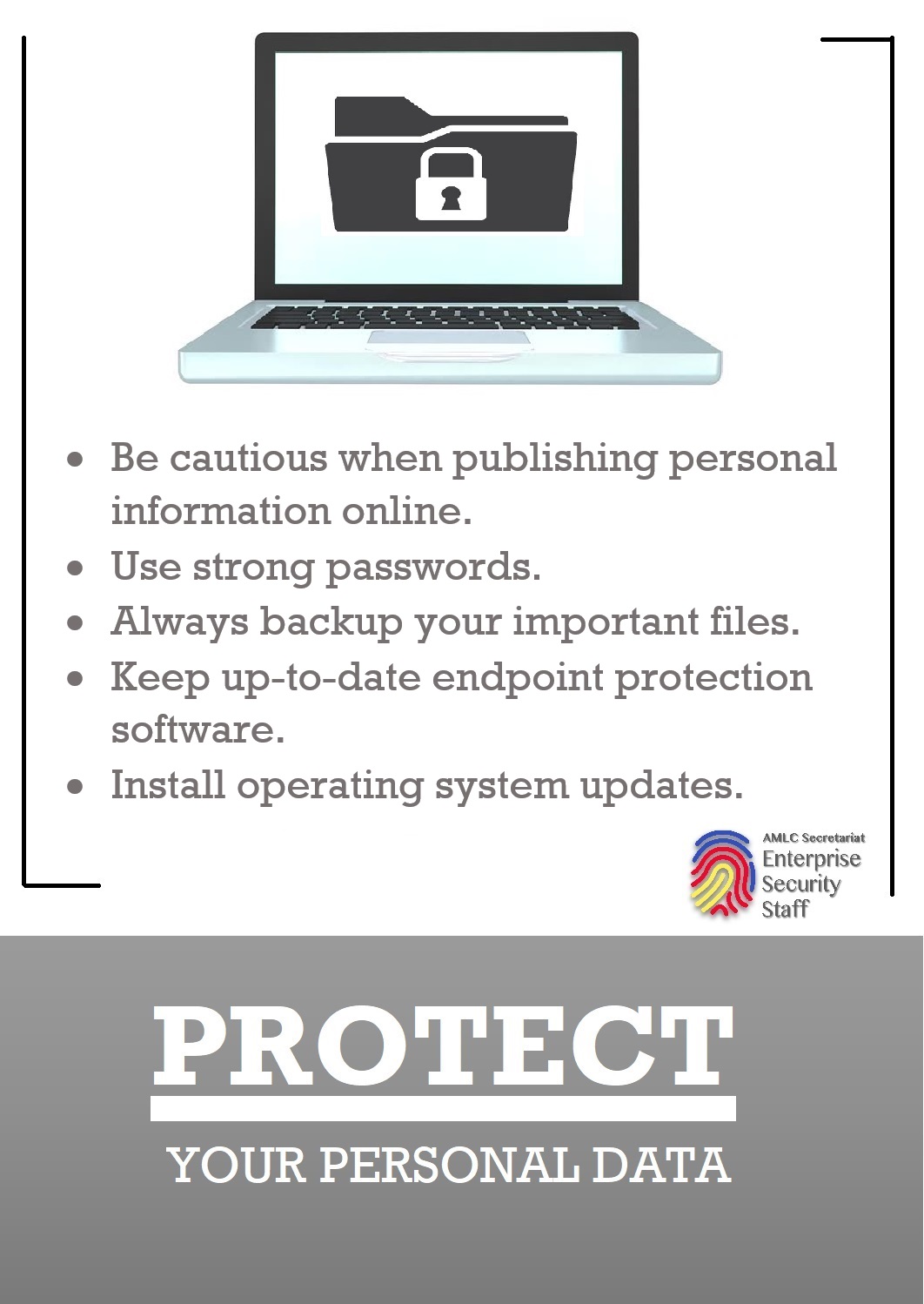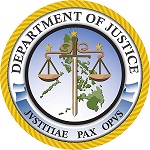|
LIST OF PHILIPPINE OFFSHORE GAMING OPERATORS (POGOs) WITH CANCELLED REGISTRATION
*Not registered with the AMLC but whose licenses were cancelled by PAGCOR |
|
Supervising Authorities are informed that various covered persons under their respective supervisions failed or refused to cooperate with the AMLC in the conduct of its compliance-checking.
As of 21 April 2022 |
The AMLC releases the Enforcement Action Guidelines, providing procedures for the resolution of administrative cases at the level of the Compliance and Supervision Group of the AMLC Secretariat, prior to the filing of a formal charge under the Rules of Procedure in Administrative Cases (RPAC).
Enforcement actions are measures that are used when circumstances surrounding the non-compliance warrant a less severe form of supervisory action and the covered persons exhibit willingness to voluntarily address compliance issues within a reasonable period of time and without the necessity of filing a formal charge under the RPAC. These enforcement actions include, but are not limited to, the following:
- Warning;
- Compliance letter;
- Notarized compliance commitment;
- Look back;
- Compliance testing;
- Audit by an independent external auditor;
- Restitution of funds or property; and
- Public advisory.
The guidelines provide the option for the covered person to choose a reduced assessment, thereby paying an assessment lower than what would otherwise be computed pursuant to the RPAC if a formal charge is filed. A covered person may opt to settle for a reduced assessment during the assessment process and pay only 25 percent of the supposed penalty under Section 2, Rule IV of the RPAC.
Further, the guidelines encourage voluntary disclosures by covered persons of possible violation/s to ascertain the root cause of the issues involved and resolve them at the earliest possible time. A covered person voluntarily disclosing possible violation/s may be given only a warning or reprimand, or may be eligible for an exemption from monetary penalty, or significantly reduced assessment (reduction in assessment of up to 90 percent of the supposed penalty under Section 2, Rule IV of the RPAC), provided that the covered person took steps to immediately correct the possible violation/s and has showed that the root cause had been effectively addressed.
The guidelines will take effect 15 days after its publication in a national newspaper of general circulation.
To download a copy of the guidelines, please click the link.
###
To promote financial transparency, the Anti-Money Laundering Council (AMLC) has issued for the first time guidelines on beneficial ownership for all banks, insurance companies, and other covered persons. Covered persons include entities, businesses, casinos and professions subject to the authority and jurisdiction of the AMLC on anti-money laundering and counter-terrorism financing (AML/CFT) matters.
“Beneficial owners” refers to those individuals or natural persons who ultimately own or control the customer, or those for whom another person conducts a transaction. Money launderers and terrorists routinely use the cloak of anonymity to prevent the AMLC and law enforcement agencies (LEAs) to track them down. In the case of the AMLC, they also seek to avoid freezing and forfeiture of their assets obtained through criminal activities.
In many well-publicized cases, criminal elements and a number of high-ranking public figures have used dummies, including non-governmental organizations (NGOs), and individuals, to hide their identities. These criminals then use these dummies to conduct multiple financial transactions involving multiple accounts in the millions of pesos, thereby blurring the illegal source of the funds.
Read more: New AMLC rules on beneficial ownership intended for financial transparency (2)
S U B J E C T : Network Maintenance Activity
Please be informed that the AMLC will be performing network maintenance activities on 30 October 2021 from 7:00AM to 5:00PM. During said activity, access to the following services will be temporarily unavailable:
1. AMLC Website
2. AMLC Portal
For inquiries and concerns, you may contact the AMLC’s Enterprise Technology Management Group (ETMG) via email at This email address is being protected from spambots. You need JavaScript enabled to view it.
Thank you for your cooperation and support


 REVISED 2 3.jpg)

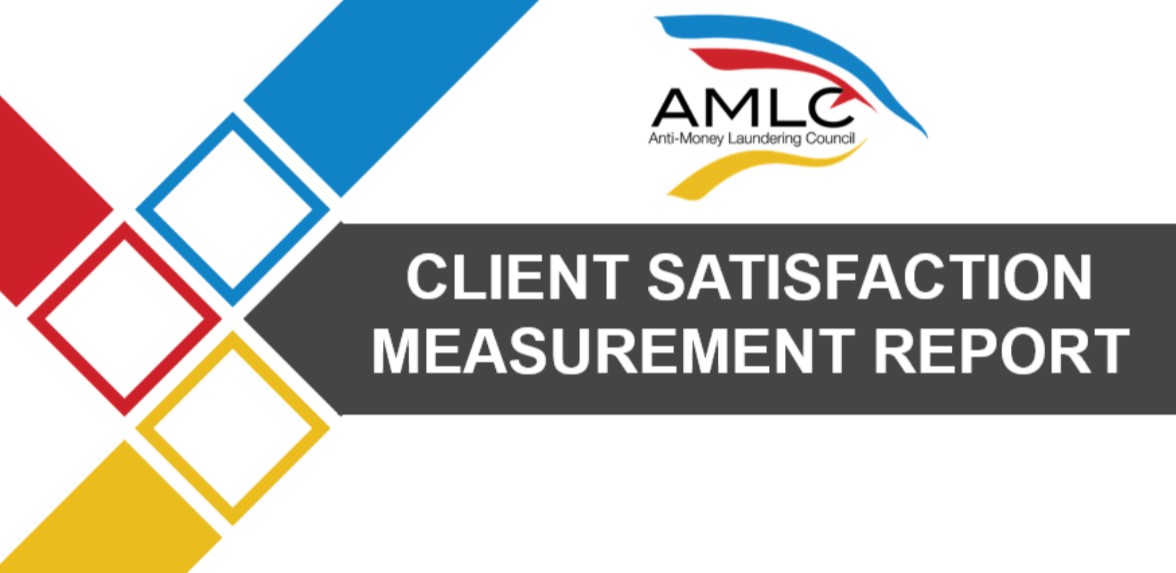 2024 (First Edition)
2024 (First Edition)